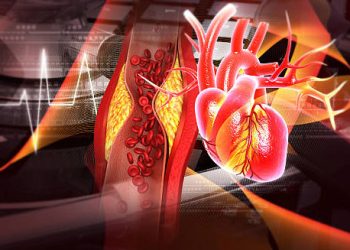Complications and Recovery from Brucellosis
Complications and recovery from brucellosis depend on how early the disease is diagnosed and how effectively it is treated. While most people recover completely, untreated or chronic cases can lead to serious complications and recovery from brucellosis challenges that affect multiple organ systems.
One of the most common complications is relapse. This happens in up to 10–20% of cases, often due to incomplete treatment or poor adherence to antibiotic regimens. Symptoms such as fever, fatigue, and joint pain may return within months.
Osteoarticular complications are frequent. These include arthritis, sacroiliitis (inflammation of the pelvic joints), or spondylitis (spinal infection). These conditions can cause persistent back pain and may require extended antibiotic therapy and physiotherapy.
Neurobrucellosis — involving the brain or spinal cord — is a rare but serious complication. It can lead to meningitis, encephalitis, or nerve damage, and may result in seizures or long-term neurological problems.
Endocarditis (infection of the heart valves) is the leading cause of death in brucellosis patients. It requires intensive antibiotic treatment and sometimes surgical valve replacement.
Other complications include hepatitis, orchitis (testicular inflammation), abscess formation in the liver or spleen, and chronic fatigue.
Complications and Recovery from Brucellosis
Recovery from uncomplicated brucellosis typically takes a few weeks, although full energy levels may return more slowly. Patients are advised to rest, hydrate well, and avoid strenuous activity until cleared by their doctor.
Preventing relapse is a key part of recovery. This means completing the full course of antibiotics, attending follow-up appointments, and reporting any returning symptoms early.
Emotional support is also important. Chronic brucellosis can lead to depression or anxiety, particularly when symptoms linger or affect work and family life.
With proper care, most individuals overcome complications and recovery from brucellosis successfully. Prevention remains the best strategy — through safe food practices, animal vaccination, and occupational safety in high-risk settings.


